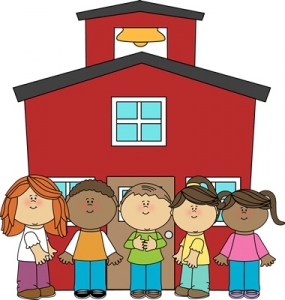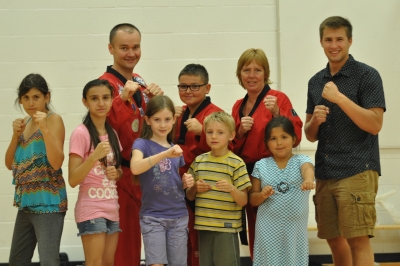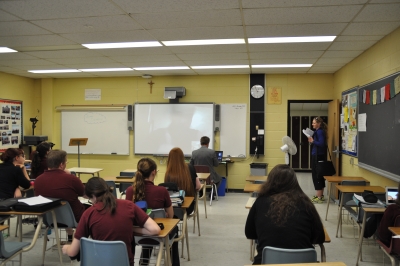For our Full Day Kindergarten programming, (or any other elementary grades), our elementary schools will be open for registrations beginning Monday, August 31. Contact or drop by your local elementary school on (or after) this date and staff will be on hand to assist you with all of your registration needs.
For more information about our kindergarten registration, visit:
www.scdsb.edu.on.ca/schools/kindergarten/
Please note, St. Andrew, St. Bernadette and St. Raphael Catholic Elementary Schools are now closed. Holy Trinity Catholic Elementary School located at 1945 Hawthorne Drive, (705) 470-5123 is our new New Sudbury K-6 Regular and French Immersion programming elementary school.
For our secondary programming, our high schools will be open for registrations beginning Monday, August 24. Contact or drop by your local secondary school on (or after) this date and staff will be on hand to assist you with all of your registration needs.
For more information about our secondary registration, visit: http://www.scdsb.edu.on.ca/schools/schools.php.
Click on the secondary school’s website for more information about your secondary school of choice.
If you still have some questions, or you require additional information, you can also call the Sudbury Catholic District School Board office at (705) 673-5620.
BE A PART OF SUDBURY CATHOLIC SCHOOLS…SCHOOLS TO BELIEVE IN!


